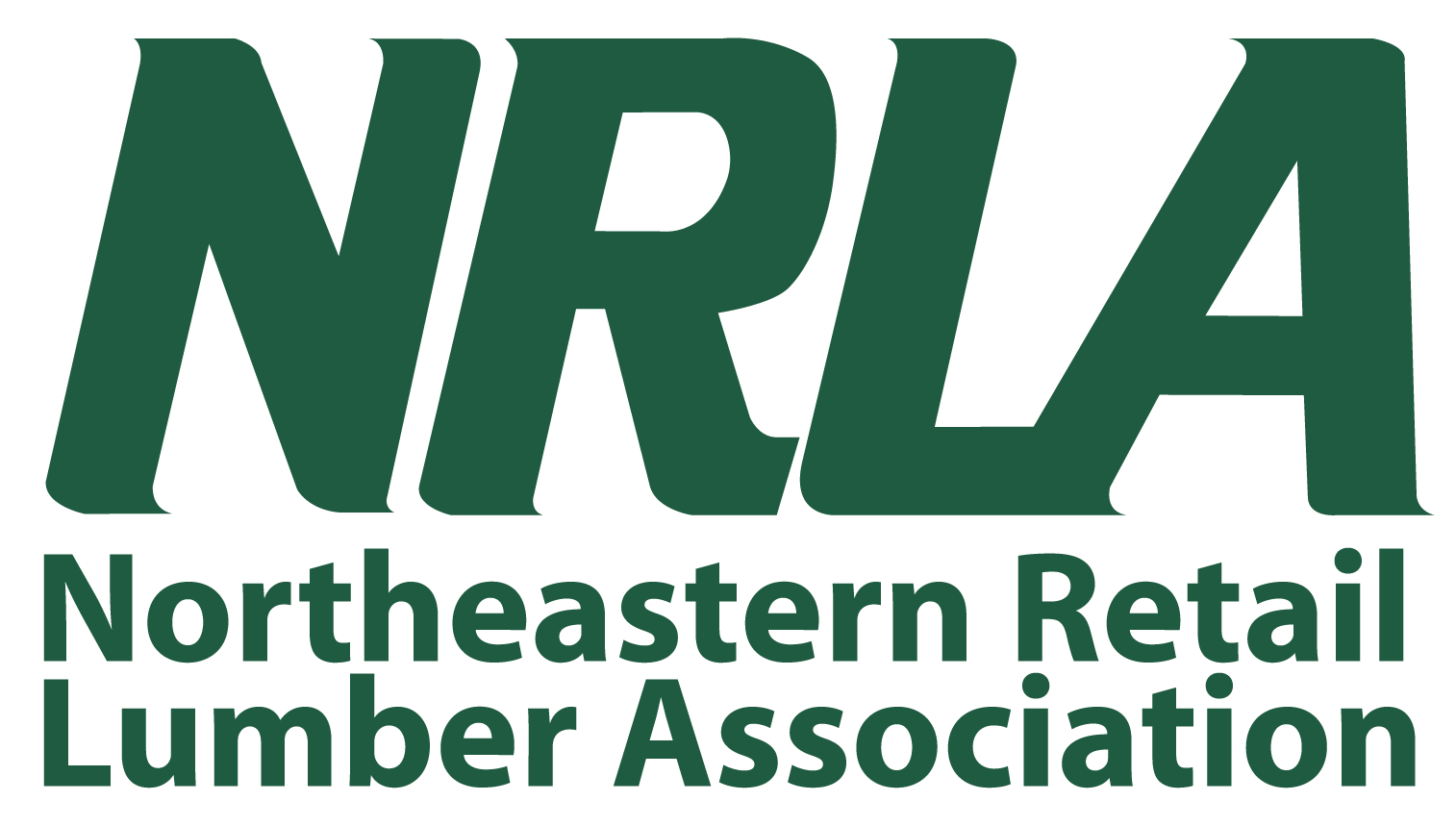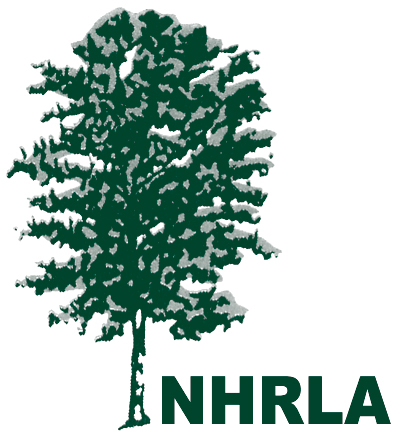Governor Sununu’s Affordable Housing Plan
The 2022 legislative session is winding down, with all committee work having concluded before Friday the 29th. The House & Senate meet on May 4th & 5th to take up committee reports on bills remaining, after which what’s left is to work out any differences between Senate-passed and House-passed versions of bills.
Notable among the policy action recently involves Governor Chris Sununu’s proposals on affordable housing, which he calls the “InvestNH” Housing Program. The plan, outlined at his “State of the State” address in February, would address the availability of housing for working families which Sununu said is an “opportunity to make right investments.” Those investments include:
• $50 million for flexible direct grants of up to $3 million to cover funding gaps on permitted projects that are either in or near starting construction;
• $10 million allocated to the New Hampshire Housing Finance Authority (NHHFA) for deployment into their programming, such as the HOME Investment Partnership Programs and the Affordable Housing Fund;
• $40 million in municipal grants consisting of:
– a per-unit grant program of $30 million that will award $10,000 per unit to municipalities for multifamily rental units permitted within 6 months from application;
– a zoning grant program of $5 million for municipalities that seek to establish or update zoning rules and regulations; and
– the demolition grant program of $5 million to aid municipalities’ efforts to demolish vacant or dilapidated buildings.
His plan does not need legislation, but the spending aspect does need approval of two governmental bodies, the Joint Legislative Fiscal Committee and the Executive Council. The “Fiscal Committee” is a joint House-Senate committee that was designed to make fiscal decisions in the absence of the legislature in times when the legislature met every-other year (the sessions are roughly six months long), but which has been given more authority to act on behalf of the legislature even when its in session. These moves are not policy but more along the lines of transferring money, adjusting appropriations between programs, etc. The Executive Council is a five-member popularly-elected body in the executive branch, dating back to pre-American revolution days when New Hampshire citizens did not want the governor to have too much power. The Council’s authorities include approving state contracts, confirming the governor’s nominations to department heads, judicial branch, and boards & commissions, and oversight of the state’s ten-year state transportation improvement plan.
The Executive Council, at its April 20th meeting, delayed action on Sununu’s plan, asking for more specifics, including qualifications and assurances this plan would be for low and moderate income residents. This plan utilizes federal ARPA funds and must be obligated by the end of the year. The Council next meets on Wednesday, May 4th. The “Fiscal Committee,” however, gave its approval to the plan.


